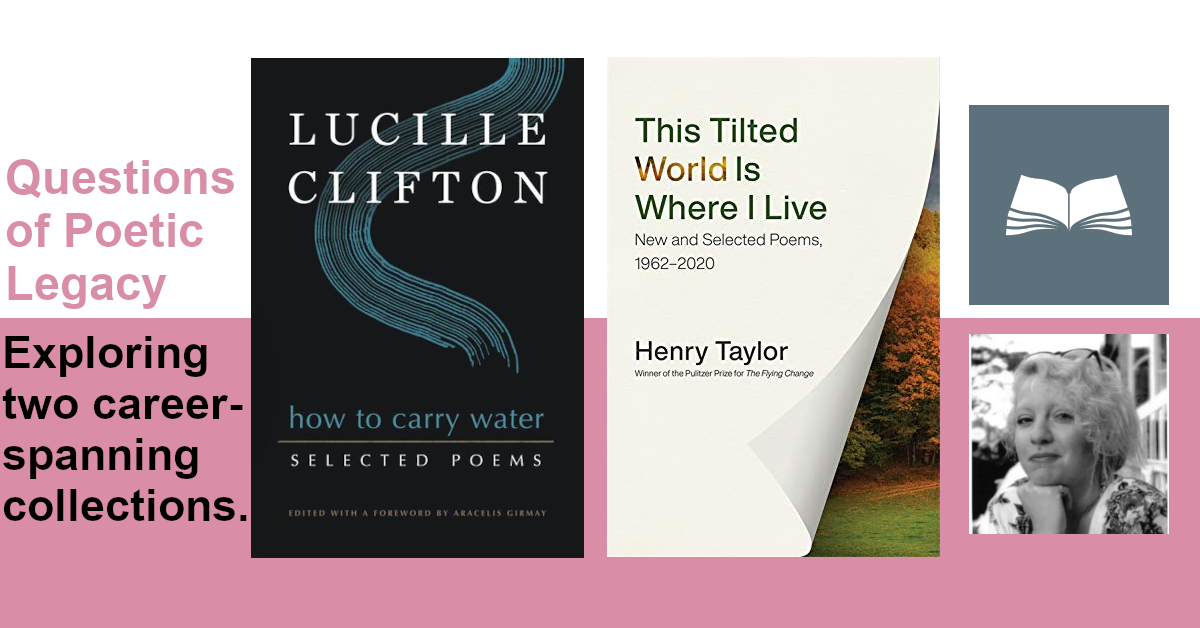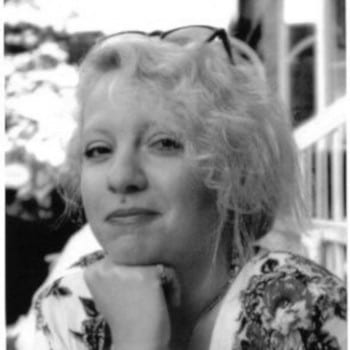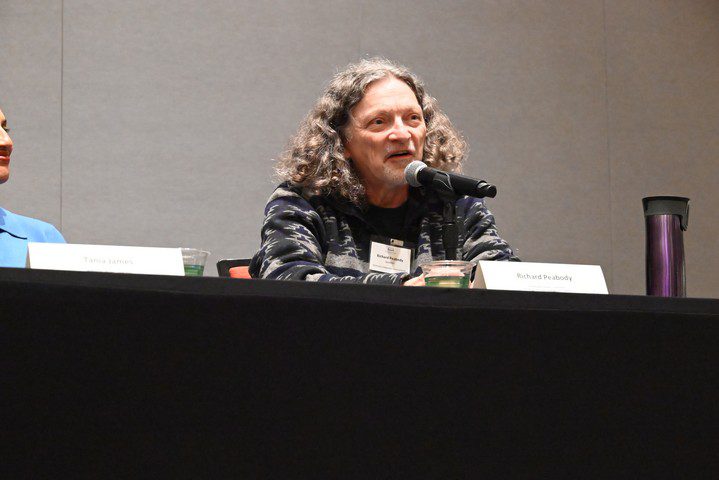Selected Lucille Clifton and Henry Taylor Reviewed by Rose Solari
This edition of Solari's review column for The Washington Independent Review of Books tackles new selected editions of the poetry of Lucille Clifton and Henry Taylor

In her latest review column, Rose Solari tackles the selected poetry of two stalwarts of American letters, Lucille Clifton and Henry Taylor. Solari looks at the continuing legacy of the late Clifton and a Taylor who has chosen the Winnebago over the academy.
Rose Solari keeps a regular poetry review column on The Washington Independent Review of Books' website. Last month she reviewed four new books of poetry from independent presses which explore the theme of "challenge and ambition." Check out more reviews by Solari here.

Rose Solari is the author of three full-length collections of poetry, The Last Girl, Orpheus in the Park, and Difficult Weather; the one-act play “Looking for Guenevere”; and the novel A Secret Woman. She has lectured and taught writing workshops at many institutions, including the University of Maryland, College Park; St. John’s College, Annapolis, Maryland; and the University of Oxford’s Centre for Creative Writing in Oxford, England. Her awards include the Randall Jarrell Poetry Prize, an EMMA award for excellence in journalism, and multiple grants. In 2010, she co-founded Alan Squire Publishing, a small press with big ideas.
Issue 9 of The ASP Bulletin & Writer Accomplishments
This past week, Alan Squire Publishing released the newest edition of our literary magazine: Issue 9 of The ASP Bulletin. As always, we included stirring poetry, thought-provoking nonfiction, and compelling […]
ASP at Booth 3018, AWP 2024
There’s less than a month left until the AWP 2024 conference in Kansas City, Missouri. As you decide what panels you’ll attend, where you’ll wander in the bookfair, and what […]
A Hometown Launch for Already Gone
Celebrations for the launch of Already Gone: 40 Stories of Running Away continued in Bethesda over the weekend. Editor Hannah Grieco and contributors Matt Barrett, DeMisty D. Bellinger, Michael B. […]


